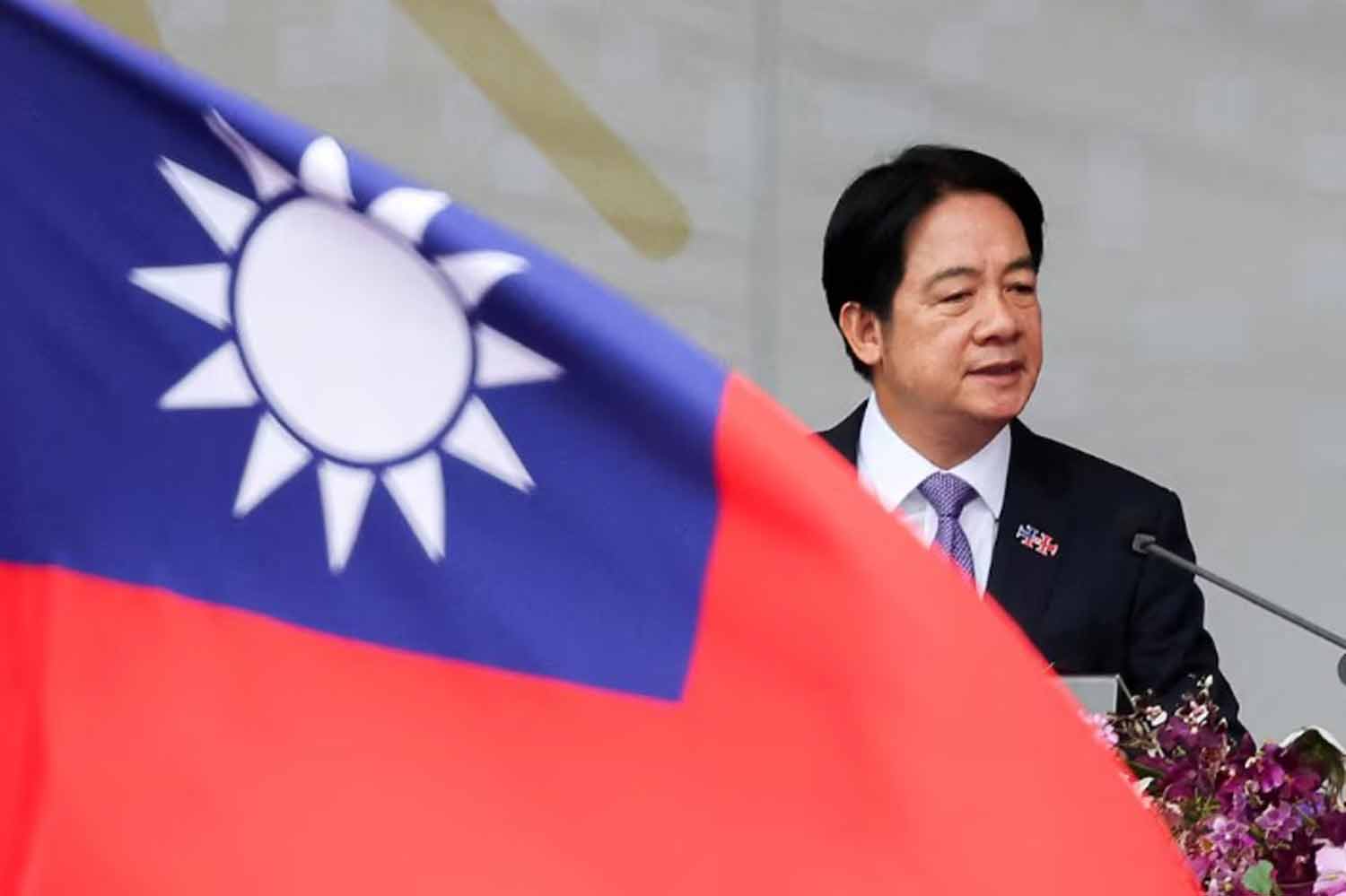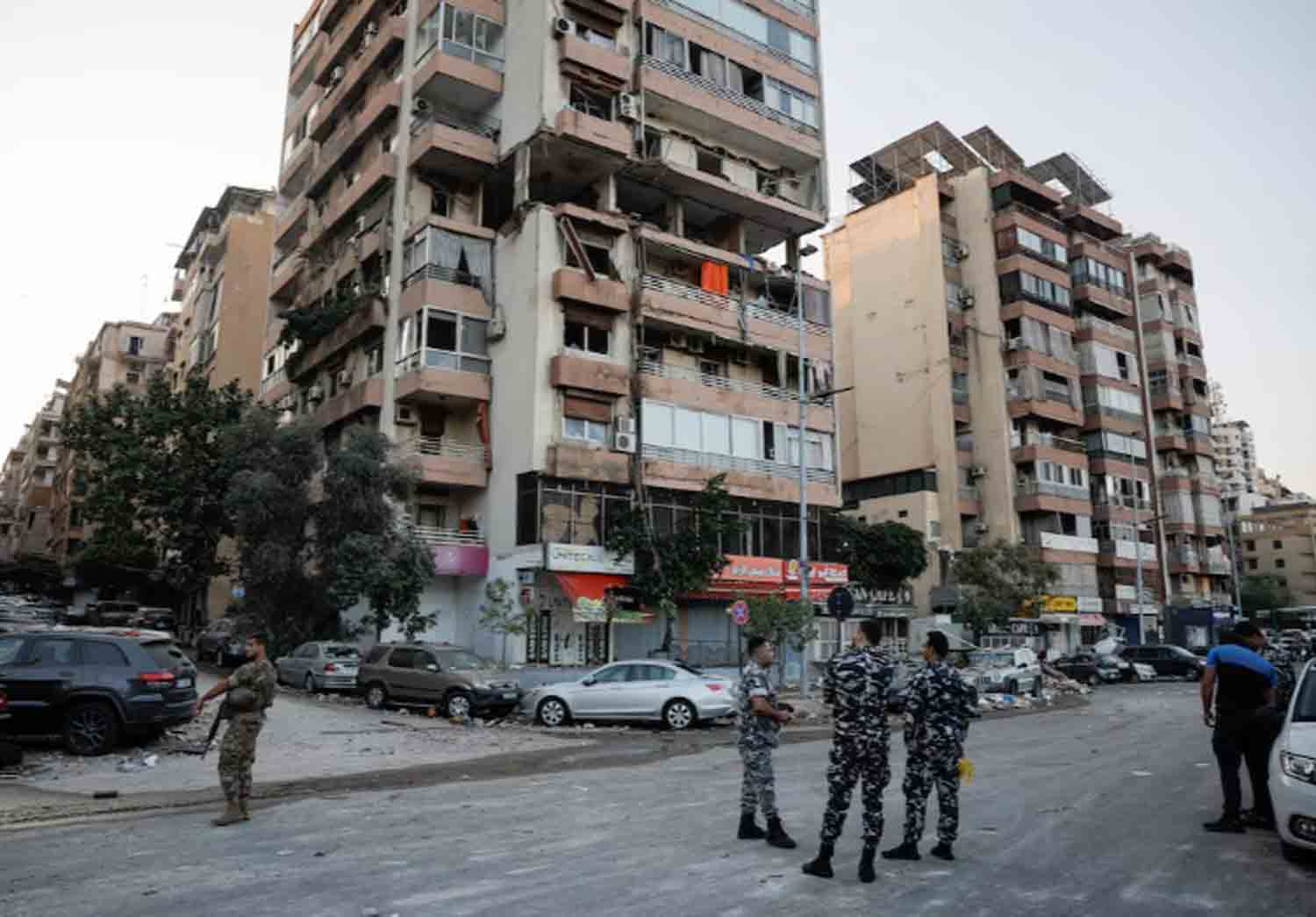Taiwan’s President Lai Ching-te is reportedly planning to make a stop in Hawaii and potentially Guam during an upcoming visit to Taiwan’s diplomatic allies in the Pacific, according to Reuters. This trip is particularly sensitive as it follows the recent U.S. elections.
Since taking office in May after his election victory in January, Lai has not yet traveled abroad. China, which considers Taiwan a part of its territory, opposes Lai’s leadership, labeling him a “separatist” and consistently objecting to any diplomatic engagements between Taiwan and foreign officials.
Six sources familiar with the plans, who requested anonymity due to the delicate nature of the situation, indicated that Lai intends to include a stop in Hawaii as part of his overseas itinerary in the coming weeks. Discussions are also underway regarding a potential stop in Guam, as confirmed by four of the sources. Both locations host significant U.S. military installations.
According to two sources, these stopovers would be integrated into Lai’s visits to Taiwan’s diplomatic allies in the Pacific region. The Pacific nations of the Marshall Islands, Tuvalu, and Palau are among the 12 remaining countries that maintain formal relations with Taipei. However, Reuters could not ascertain the specific countries Lai plans to visit or the exact dates of these trips.
Taiwan’s presidential office stated that Lai currently has no overseas travel scheduled, but any future plans will be announced at an appropriate time. The United States remains Taiwan’s most crucial international supporter and arms supplier, despite the absence of formal diplomatic recognition.
A State Department spokesperson stated, “For the travel arrangements of high-ranking officials from Taiwan, we direct you to the Taiwan authorities. We have no additional information on this matter.”
Lin Jian, a spokesperson for the Chinese foreign ministry, expressed to reporters in Beijing that the government’s stance has always been to oppose such transits, urging the United States not to allow this for Lai.
U.S. GOVERNMENT TRANSITION
Lai’s visit is scheduled to occur towards the end of President Joe Biden’s administration, during which he has affirmed that U.S. forces would defend Taiwan in the event of a Chinese invasion.
President-elect Donald Trump, who previously showed strong support for Taiwan during his first term, caused concern in Taipei during his campaign by suggesting that the island should bear the costs of its protection. He has since appointed pro-Taiwan Marco Rubio as his nominee for secretary of state.
The offices of the presidents of Palau and the Marshall Islands, as well as the government of Tuvalu, have not yet responded to requests for comments.
Typically, Taiwanese presidents utilize what are officially termed stopovers in the United States to engage with supportive U.S. politicians and deliver speeches. These stopovers usually occur during trips to distant allies in the Pacific, Latin America, or the Caribbean.
An individual familiar with the U.S. segment of the trip indicated that Lai’s visit is expected to be more subdued than usual, with logistical details still being finalized. The visits to Pacific island nations are also significant, as China has been steadily reducing the number of countries in the region that maintain diplomatic relations with Taiwan. In January, the small nation of Nauru shifted its allegiance back to Beijing.
China has significantly increased its military operations near Taiwan over the past five years, conducting another series of war games in May, shortly after Lai’s inauguration, which it characterized as a warning against “separatist actions.”
The Taiwanese government firmly disputes Beijing’s claims of sovereignty and asserts its right to engage with other nations and for its leaders to undertake foreign visits.
In August of the previous year, China conducted a day of military exercises around Taiwan following Lai’s return from the United States, where he made only brief stopovers but delivered speeches en route to and from Paraguay.
Additionally, in April of the same year, China carried out military drills in response to then-President Tsai Ing-wen’s visit to the U.S., where she met with then-Speaker of the House Kevin McCarthy in Los Angeles. Notably, during her trips to Pacific allies in 2017 and 2019, Tsai made stopovers in Hawaii.
Discover more from Defence Talks | Defense News Hub, Military Updates, Security Insights
Subscribe to get the latest posts sent to your email.





